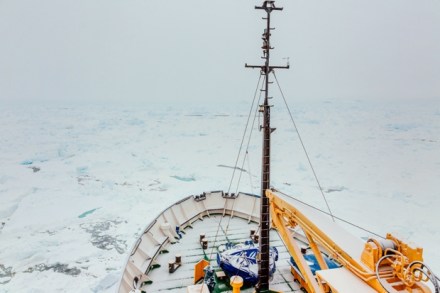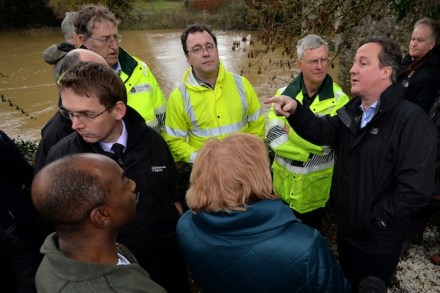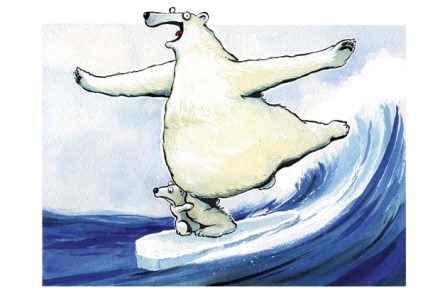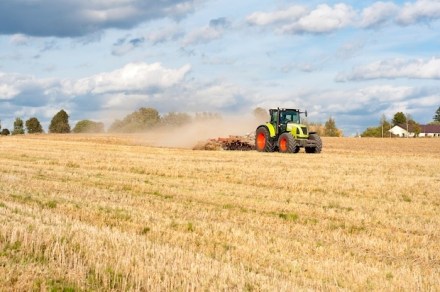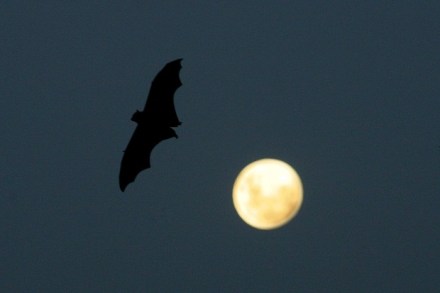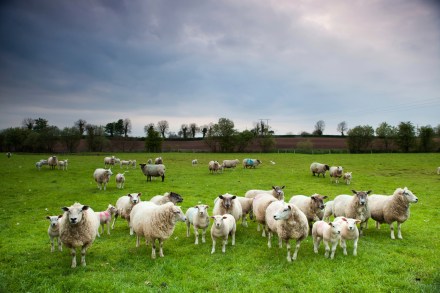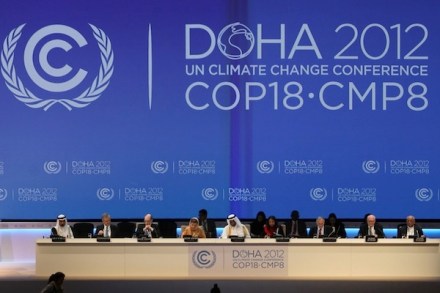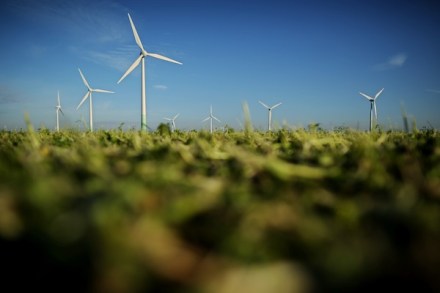Will China kill all of Africa’s elephants?
In 2010, Aidan Hartley, our ‘Wild Life’ columnist and Unreported World presenter, asked in his feature below: ‘Will China kill all Africa’s elephants?’ And, as I type, politicians from over 50 countries are discussing this very issue at the London Conference on the Illegal Wildlife Trade. Meanwhile, David Beckham, Prince William, and the Chinese basketball player Yao Ming have made a video highlighting the plight of the rhino. William Hague – hosting the summit – said at a reception last night that ‘we are on the brink of a crucial global turning point in the struggle against wildlife trafficking’, adding that the British government ‘has a responsibility to push for an






